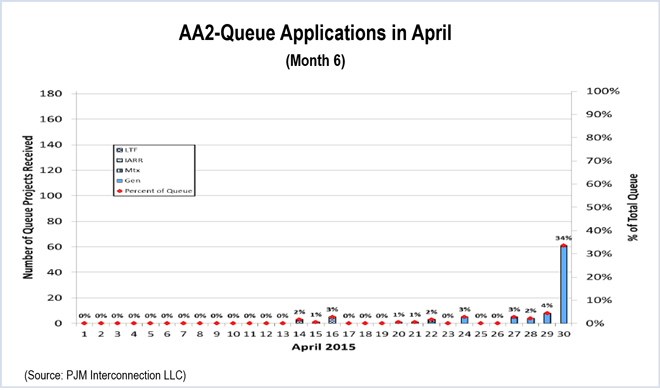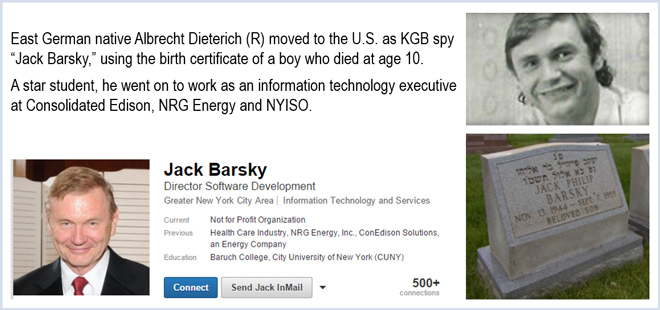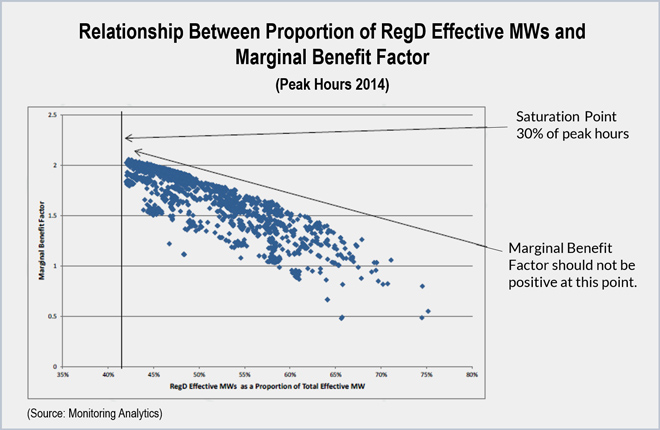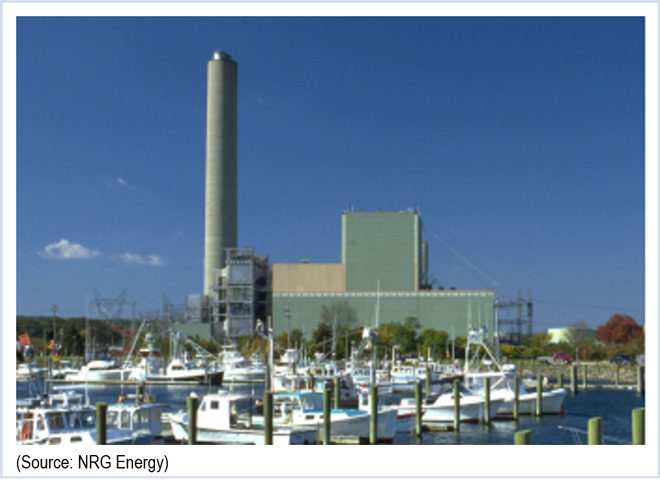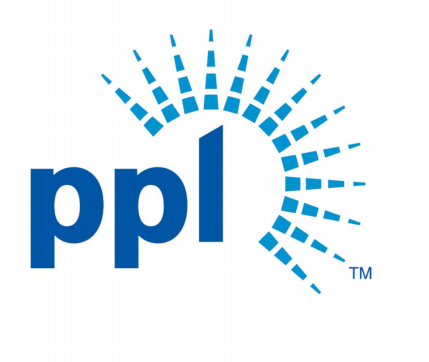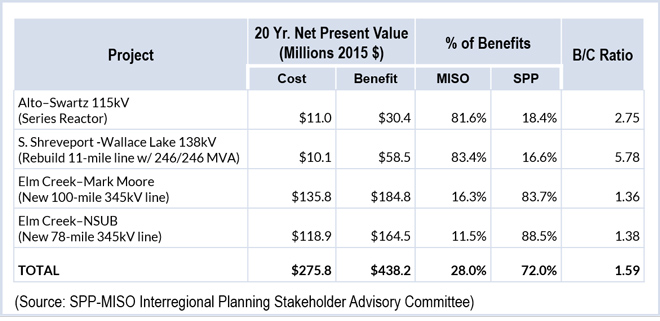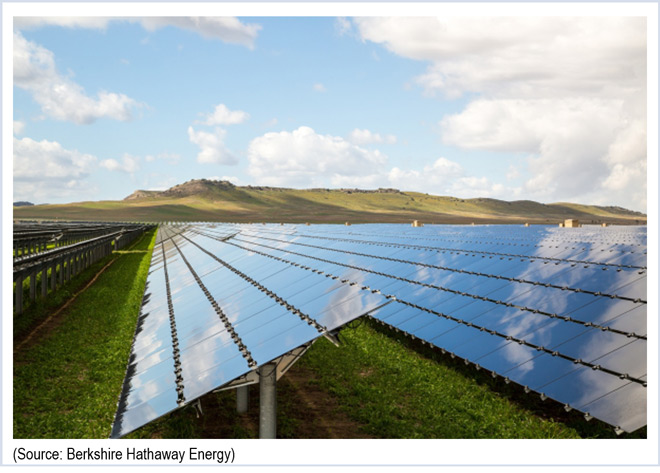VALLEY FORGE, Pa. — Despite a fee structure designed to encourage early submissions, PJM continues to receive too many interconnection requests late in the queue. As a result, planners introduced a problem statement and issue charge at the Planning Committee last week to find a better solution.
Planners proposed a new task force whose key assignment would be to “remove ineffective methods and identify new methods to incentivize new service customers to enter the queue earlier,” according to the issue charge.
“We’re of a mind that some of the rules need to be stripped out and replaced with something else,” said Steve Herling, PJM’s vice president of planning. “If it doesn’t serve a purpose, then maybe we strip that out, but it has to be replaced with something to incentivize.
“Maybe if you come in late and you’re deficient, you get first in line in the next queue,” Herling said. “If it’s time to start and you’re not on the boat, you wait for the next one.”
Herling said the problem statement would be returned to the committee next month for refinement.
Planners told the PC in January that they would be seeking stakeholder input on how to incent interconnection customers to submit their requests earlier. (See PJM to Try Again to Speed Interconnection Filings.)
Under the current structure, the deposit for applications filed in the first four months is $10,000; for the fifth month it is $20,000; and for the last month, $30,000. Nevertheless, about half of all queue submittals are filed in the last month, and about one-third in the final day of the window, creating a workflow crunch for planners.
Could Planning Upgrades Help Mitigate Uplift?
The PC began work on an assignment from the Markets and Reliability Committee to consider uplift among the problems to be addressed by grid upgrades under the Regional Transmission Expansion Plan.
Since July 2013, the MRC’s Energy Market Uplift Senior Task Force has been studying ways to reduce out-of-market make-whole payments, such as those for generators usually needed only for voltage support. So far this year, PJM has accrued $193 million in uplift charges, including $105 million in February alone.
“Are there [transmission] upgrades that might be more cost effective than running the generation that we’re currently operating?” asked Adam Keech, senior director of market operations.
Herling encouraged stakeholders to think about how to identify problems. He said the PC would conduct more substantive discussions at the next meeting.
PAR Charter Not Ready for Endorsement
The PC postponed a vote on the charter for a group charged with considering phase angle regulator transmission injection and withdrawal rights after a stakeholder complained that it had been posted too late under PJM rules.
The group will consider whether and how PARs can participate in the market and receive injection and withdrawal rights at PJM’s border, PJM’s Aaron Berner said.
The group will meet next on Thursday and is continuing to look for stakeholders interested in participating. So far, he said, about 20 have expressed interest.
— Suzanne Herel
